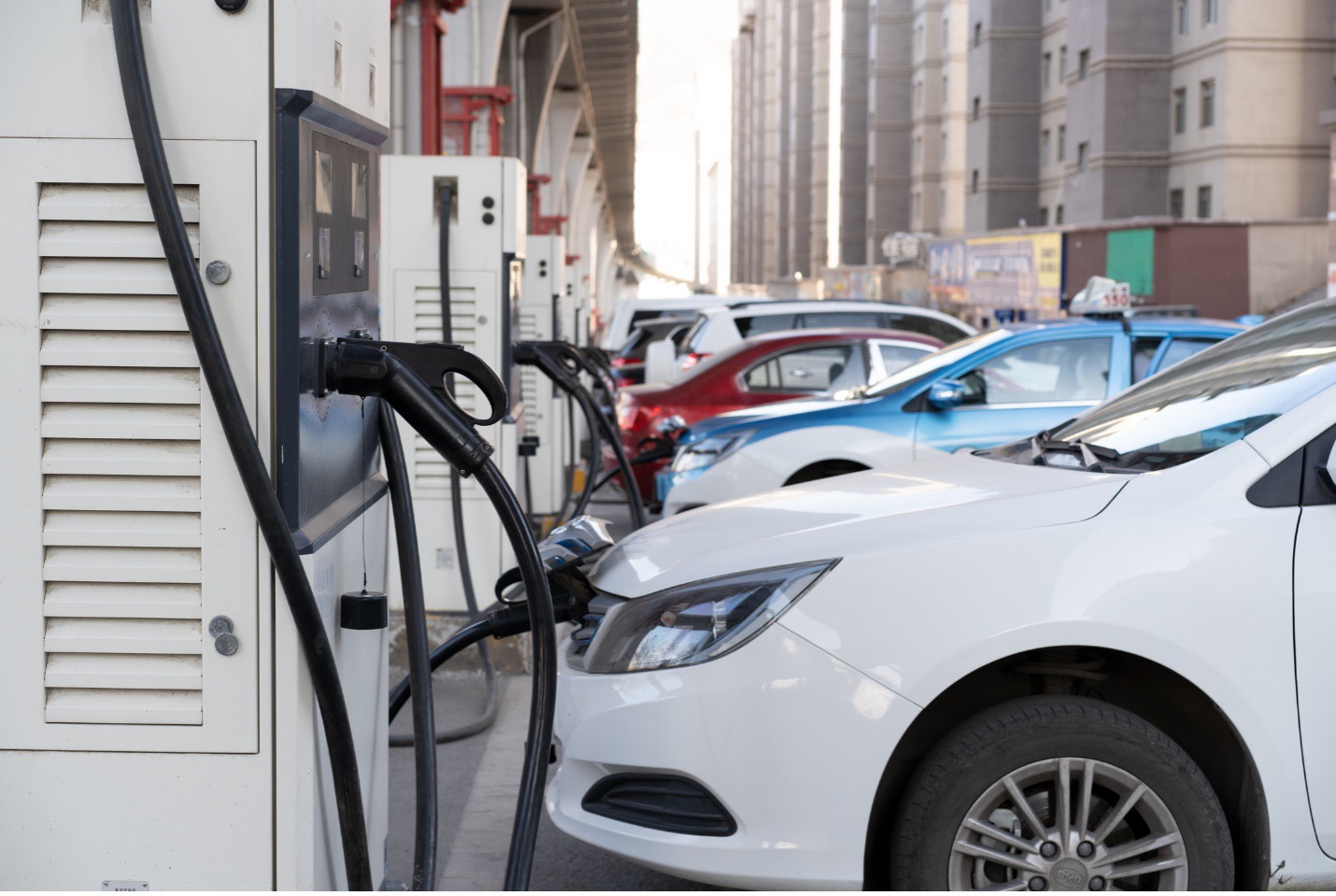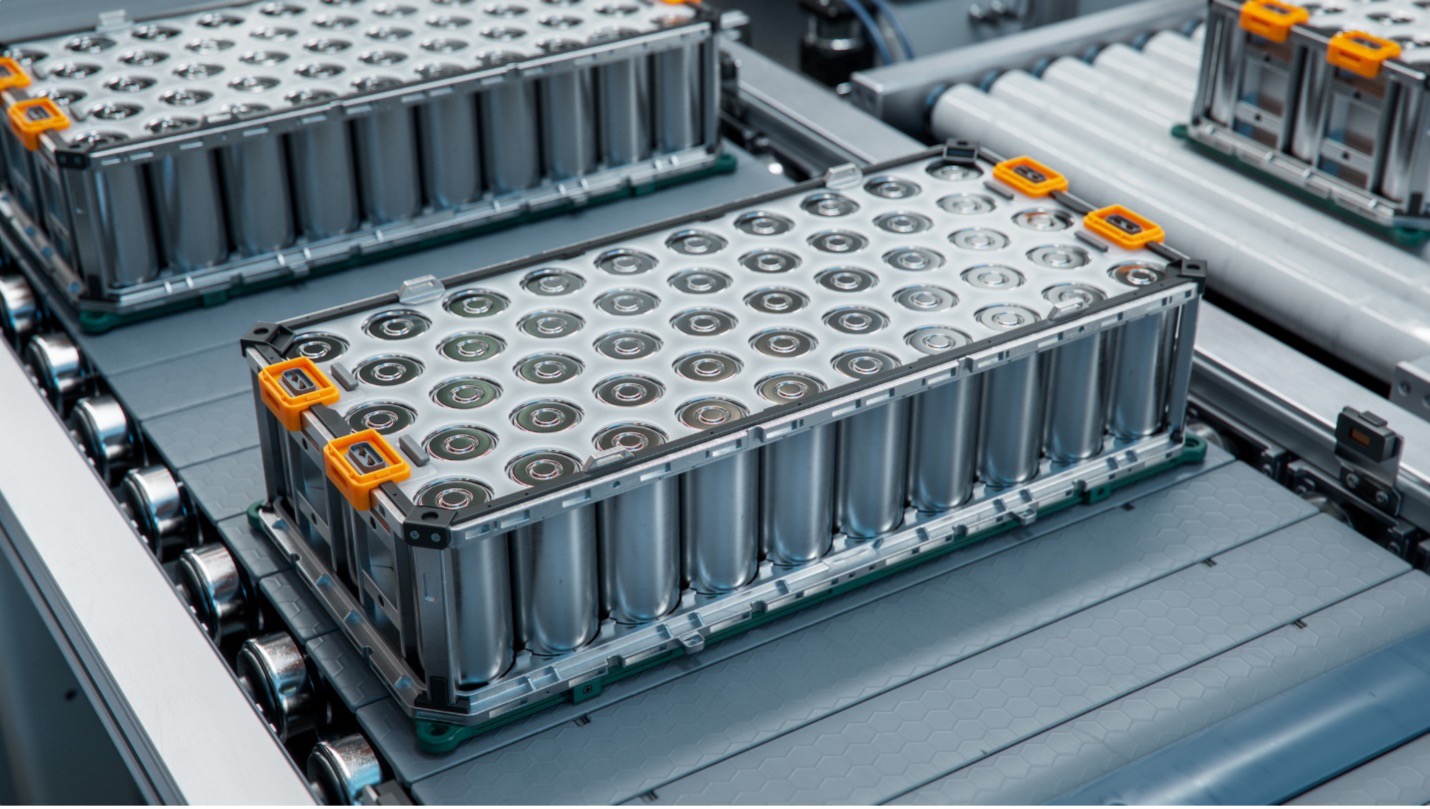
As the automotive industry continues its shift towards electrification, luxury electric vehicles (EVs) are becoming increasingly popular.
Despite their growing appeal, many customers still harbor concerns about transitioning from traditional internal combustion engine (ICE) vehicles to luxury electric vehicles. As sales professionals, it’s crucial to understand and address these concerns effectively to help customers make informed decisions and feel confident in their purchase.
Range Anxiety and Charging Infrastructure
One of the most common concerns among potential luxury EV buyers is range anxiety—the fear that the vehicle’s battery will run out of power before reaching a charging station. Many customers worry about the availability of charging infrastructure and EV fast charging options.
Addressing the Concern:
- Educate on Range Capabilities: Highlight the impressive range capabilities of all-electric vehicles, which often exceed 300 miles on a single charge. Use testimonials from current EV owners to illustrate how they comfortably manage their daily commutes and long-distance travels.
- Charging Infrastructure Growth: Inform customers about the rapid expansion of charging networks. Emphasize the increasing number of fast-charging stations and the convenience of home charging solutions. Provide resources or apps that map out nearby charging ports.
- Range Management Tips: Offer practical advice on range management, such as planning routes with charging stations in mind and using regenerative braking to extend battery life. Discuss how charging cycles impact range.

Battery Life and Maintenance Costs
Potential buyers often express concerns about the longevity of the EV battery and the associated maintenance costs. They may fear that the battery will degrade quickly, leading to expensive replacements. Customers want to know – do electric cars require less maintenance overall compared to gas cars?
Addressing the Concern:
- Battery Warranty: Reassure customers by highlighting the generous warranties offered by manufacturers on EV batteries, typically ranging from 8 to 10 years or up to 100,000 miles. This coverage provides peace of mind and reflects the manufacturers’ confidence in their battery maintenance practices.
- Battery Longevity: Explain the advancements in battery technology that have significantly improved longevity and performance. Discuss how modern luxury EVs use sophisticated battery management systems to optimize battery health. Touch on end-of-life battery recycling programs.
- Lower Maintenance Costs: Educate customers on the lower maintenance costs of EVs compared to ICE vehicles. Without the need for oil changes, transmission oil, coolant, brake fluid, or exhaust system maintenance, EVs often prove to be more economical in the long run. Provide a maintenance comparison chart showing exactly what maintenance electric cars need vs gas cars.

Performance and Driving Experience
Some customers may be skeptical about the performance and driving experience of an electric vehicle, particularly when it comes to luxury models. They might believe that EVs lack the power and responsiveness of their gasoline-powered counterparts.
Addressing the Concern:
- Instant Torque and Acceleration: Emphasize the superior performance of luxury EVs, which deliver instant torque for rapid acceleration. Provide test drives to let customers experience firsthand the exhilarating and smooth acceleration unique to electric powertrains.
- Quiet and Smooth Ride: Highlight the quiet and refined driving experience offered by EVs. The absence of engine noise and vibrations results in a serene cabin environment, enhancing the overall sense of luxury.
- Advanced Driving Features: Showcase the advanced driving features often found in luxury EVs, such as adaptive cruise control, lane-keeping assist, and automated parking.
Regular EV Maintenance Scheduling
While EVs have fewer moving parts and fluids than gas cars, they still require some regular service. A typical EV maintenance schedule includes checking tire pressure and tread depth, replacing windshield wipers and cabin air filters, servicing the air conditioning system, and inspecting key EV components like the battery, electrical systems, and regenerative brakes. Following the manufacturer-recommended electric car servicing schedule will keep your vehicle in top shape. Explain the benefits of Electric Vehicle Service Protection plans that your dealership offers to make your customer’s ownership experience even more cost-effective.
Plug-in hybrid electric vehicles and conventional hybrid electric vehicles have slightly different maintenance needs than pure EVs. Since they also have a gas engine, they still require many of the same services as traditional cars, like oil changes and spark plug replacement, in addition to the EV-specific maintenance items.
By understanding and addressing these common concerns, you can help customers feel more confident and excited about purchasing a luxury electric vehicle. Providing clear, accurate information and personalizing the buying experience to address individual concerns will not only build trust but also position you as a knowledgeable and reliable advisor in the evolving automotive market.